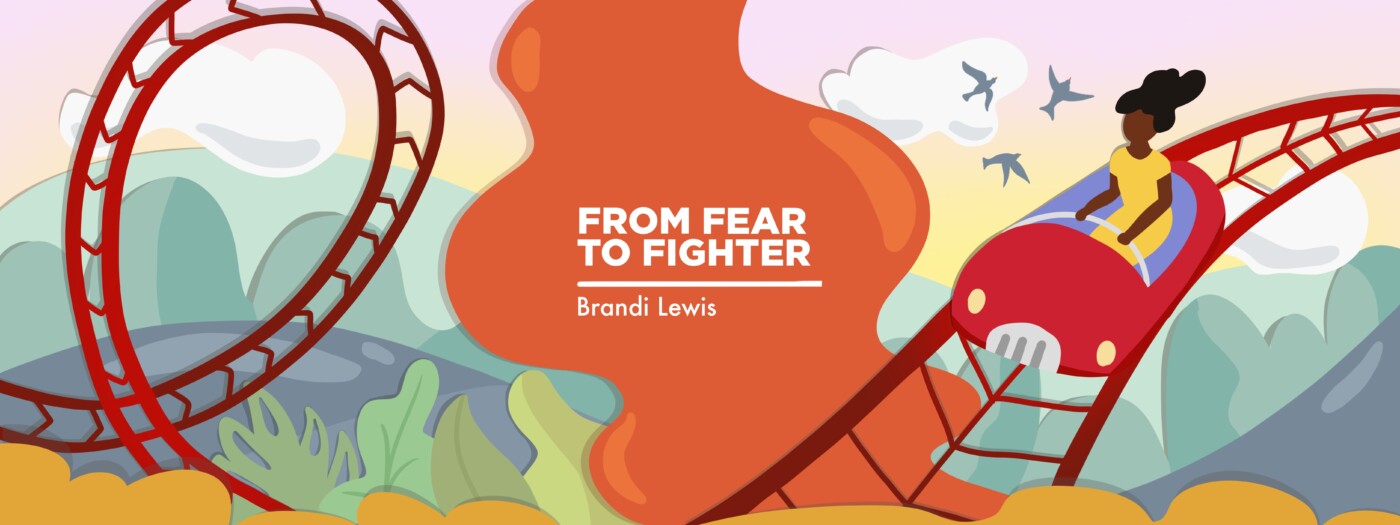After understanding the importance of rest, I turned it into an art form
Health complications forced this columnist to slow down — and it's paid off
Written by |

I recall hearing people being asked the question “How did you become successful?” Many of the answers were a version of “Work hard now and sleep later.”
I used to live by that code. I thought that to be successful, I had to put my health last. I needed to stay busy and work really hard to make it to the top.
I thought that I should be having a full calendar, answering every call, and planning my next big event. The busyness of putting life before health was more important to me, so I’d work over 40 hours a week, plan weekend getaways, and attend back-to-back meetings.
But following a certain turn of events, I eventually learned that this advice wasn’t true — or even possible for me. Facing serious health issues forces you to learn tough lessons.
At age 19, I was diagnosed with paroxysmal nocturnal hemoglobinuria (PNH) and aplastic anemia. It was as if someone had hit the fast-forward button on my life lessons to equip me with the tools I needed to survive. During my health battle, I learned an important lesson that’s always stuck with me: the importance of rest.
‘The art of rest’
To be clear, resting isn’t the same as sleeping or being lazy. It’s not about lying down on the couch while answering emails. It’s about giving your entire body — including your mind — time to relax. When I rest, I’m telling my body, “I love you.” I’m giving my body the time it needs, just as it’s given me time to accomplish my tasks.
Rest for me often entails spending days on the couch watching a TV show or simply sitting in silence. At first, I didn’t like resting. I was anxious about needing to do something to feel important or deserving of the world. One day, while lying in bed under layers of covers, I had a realization. I was confusing resting with laziness. Resting is an art. I had to learn to appreciate peace, stillness, and calm.
I began to name my resting phases “the art of rest” because I found beauty in the most mundane tasks. My mind became stronger the more I rested. As I gave my mind and body time to heal, they in turn gave me the ability to fight another day. I began to trust my body more and more, and my body trusted me. We began to work as a team to face the hard things in life. Rest became an important habit that occurred many times during the week.
Following are some tips that helped me learn to rest:
- Start in small increments. Rest on the couch or in bed for 15 minutes and work your way up to an hour.
- See how long you can remain still without picking up your phone or tablet.
- Offer your brain freedom from running wild with thoughts. When you feel your mind wandering, focus your attention on breathing.
- Create a routine that adds rest to your life.
Rest brings peace and a greater appreciation for stillness. My hope is that you can also find the beauty in the art of rest by just being and giving your body and mind the attention they need.
Note: PNH News is strictly a news and information website about the disease. It does not provide medical advice, diagnosis, or treatment. This content is not intended to be a substitute for professional medical advice, diagnosis, or treatment. Always seek the advice of your physician or other qualified health provider with any questions you may have regarding a medical condition. Never disregard professional medical advice or delay in seeking it because of something you have read on this website. The opinions expressed in this column are not those of PNH News or its parent company, Bionews, and are intended to spark discussion about issues pertaining to paroxysmal nocturnal hemoglobinuria.





